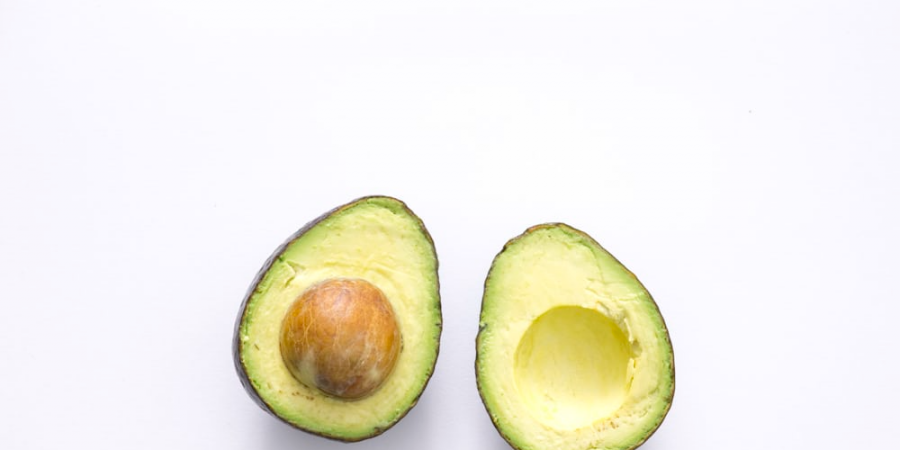

Avocados, scientifically known as Persea americana, are indeed classified as fruits rather than vegetables. Despite their savory taste and common association with salads and savory dishes, avocados fit the botanical definition of fruits. Botanically speaking, fruits develop from the ovaries of flowers and contain seeds. Avocados meet these criteria, as they originate from the ovary of the avocado flower and encase a large seed within their creamy flesh.
One distinguishing characteristic of avocados as fruits is their fleshy pulp, which surrounds the central seed. This pulp, with its buttery texture and rich flavor, is a hallmark of avocados and sets them apart from typical sweet fruits. The misconception of avocados as vegetables may stem from their versatile use in culinary applications, often found in salads, sandwiches, and dips. Their savory taste and ability to complement various dishes contribute to their popularity in savory cuisines.
Avocados belong to the Lauraceae family and share botanical kinship with cinnamon and bay laurel. Their growth cycle involves flowering, pollination, and fruit development, aligning with the reproductive processes characteristic of fruits in the plant kingdom. The tree produces flowers that give rise to the avocado fruit, showcasing the botanical definition of a fruit.
Avocado is a fruit because it has a flesh and a seed, it comes from a tree, and it can be eaten.
Avocado has gained popularity due to its stellar nutrient profile and diverse culinary applications.
Rich in fiber, potassium, heart-healthy fats, and powerful antioxidants, this food may also offer various health benefits.
This article settles the debate on whether avocado is a fruit or vegetable.
Beyond their botanical classification, avocados boast numerous health benefits. They are rich in monounsaturated fats, which are heart-healthy and can contribute to improved cholesterol levels. Avocados also contain a variety of essential nutrients, including potassium, vitamin K, vitamin E, and folate. Their nutrient profile and versatility in culinary applications make them a popular and nutritious addition to many diets.
In addition to their nutritional value, avocados have become a symbol of modern, health-conscious eating. The avocado toast trend, for example, has gained widespread popularity, highlighting the fruit's appeal among those seeking wholesome and flavorful food choices. The rise of avocados in various cuisines worldwide reflects their adaptability and ability to enhance both taste and nutritional content.
In conclusion, while avocados may be commonly associated with savory dishes and vegetables, their botanical classification as fruits is indisputable. The creamy texture, distinctive flavor, and numerous health benefits contribute to the widespread appreciation of avocados. Recognizing avocados as fruits aligns with their botanical origin and growth cycle, shedding light on the fascinating and diverse world of edible plants.
